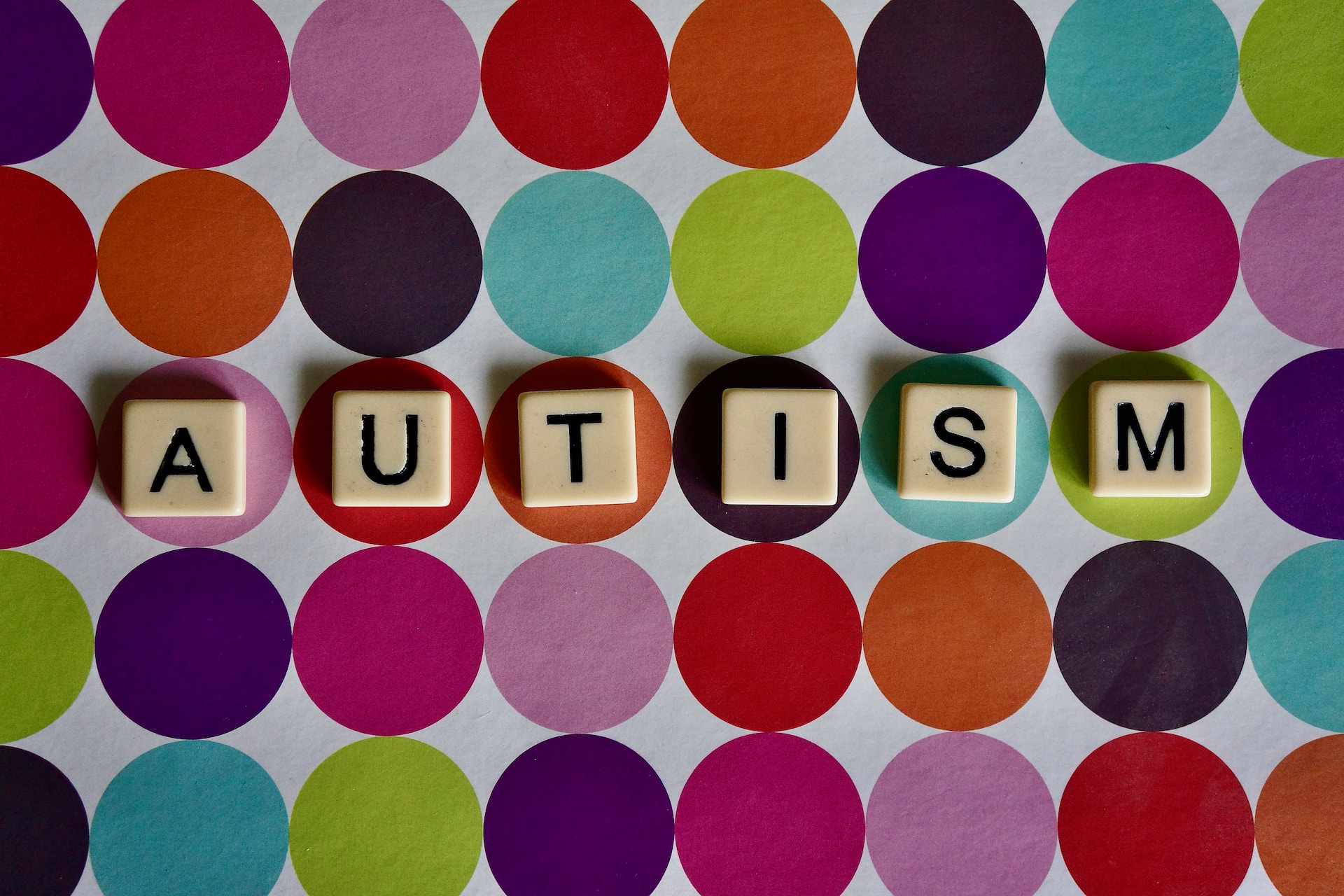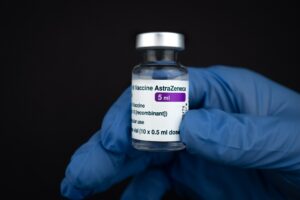Autism spectrum disorder (ASD) is a “neurodevelopmental disorder characterised by deficits in social communication and the presence of restricted interests and repetitive behaviours.” Although ASD affects 1 in 100 children globally, the exact causes of ASD have yet to be fully understood.
Gastrointestinal (GI) problems are common in ASD patients and cause significant morbidity. Researchers have long been interested in the connections between the two seemingly distinct conditions. One interesting topic relates to the links between ASD and the gut microbiome the unique community of microorganisms which live in the GI tract.
Theories linking the gut microbiome to AS relate to the microbiota-gut-brain axis, thought of as a bidirectional communication channel between the brain and gut. In this system, the gut microbiome plays a crucial role in both receiving, and more crucially, sending signals to the brain, which may affect the symptoms of ASD. Patients with ASD are largely found to have an altered composition of their gut microbes, and this has brought forth theories on its pathogenesis.
In the review by Alharthi et al. , 2022, the authors briefly summarise five signalling pathways within the axis in its relation to ASD:
The Gut Permeability Pathway
The gut microbiome and its metabolites play a crucial role in modulating the function and integrity of the gut epithelium. Dysbiosis and changes in gut microbiome diversity may therefore influence the integrity of this barrier, resulting in leaky gut. The impaired integrity of the gut epithelium can lead to increased levels of gut microbial components to leak into the bloodstream, such as lipopolysaccharides (LPS). LPS can subsequently trigger a range of immune and inflammatory responses. Within the brain, LPS can elicit neural impairment, behavioural alterations, and neuroinflammation.
The Immune System Pathway
Immunological pathways play a key role in regulating the axis, allowing the gut and the brain to communicate. The gut microbiome is a critical part of this process, as the gut mucosa is constantly exposed to a range of both beneficial and pathogenic microorganisms. Patients with ASD are found to have higher levels of pro-inflammatory cytokines within their brains, and higher levels of immunological activation of microglial cells. This finding has been linked to alterations in the composition of the gut microbiome, and studies done on germ-free mice have found that supplementing beneficial microbes restored homeostasis of the immune system and normalised the gut microbiome.
The Metabolic Pathway
The gut microbiome produces metabolites which can travel throughout the systemic circulation and affect the immune system, metabolism, and/or otherwise influence both the enteric nervous system and the afferent signalling pathways of the vagus nerve which sends signals directly to the central nervous system. In particular, short chain fatty acids (SCFAs), produced as a result of anaerobic fermentation of indigestible carbohydrates, play a wide role in vital functions such as homeostasis and glucose metabolism. Variations of the strains of bacteria found in the gut microbiome affect the levels of subsequent SCFAs produced, and consequently may contribute to disruptions in excitatory/inhibitory neuronal functions in ASD.
The Neuronal Signalling Pathway
The gut microbiome produces a wide range of molecules which serve as neurotransmitters, such as serotonin, GABA, and acetylcholine. An altered gut microbiome, and a subsequent alteration in the levels of these various neurotransmitters, has been linked with changes in behaviour associated with ASD.
The Neuroendocrine Signalling Pathway
Studies on mice have shown that the gut microbiota can have a direct effect on the hypothalamic-pituitary-adrenal (HPA) axis. In one study, it was found that germ-free mice exposed to restraint stress showed an increased concentration of the associated stress hormones ACTH and CRH. However, colonisation with Bifidobacterium infantis in young mice reversed these abnormalities. In the context of ASD, several studies on individuals with ASD have demonstrated altered mRNA levels in the glucocorticoid receptor and CRH receptor 1, indicating a modification of the original pathway.
The link between the gut microbiome and autism remains controversial however. In a case of the chicken or the egg, one recent 2021 study from Australia presented results suggesting that rather than the intrinsic gut microbiome of patients causing ASD symptoms, it is the other way round; that patients with ASD may firstly have peculiar dietary habits that affect the gut microbiome.
While there may currently be mixed evidence for whether the gut microbiome causes autism, there is still much interest in further research about this topic. This includes research into the therapeutic use of prebiotics, synbiotics, probiotics, and faecal transplantation. In New Zealand, the University of Auckland is currently running their own double-blind randomised controlled trial investigating gut microbiome transfer as a treatment for ASD patients with gut issues. Ultimately, this space is an exciting one to watch.
Further Reading:
Blog post by the University of Harvard School of Public Health A simple explanation of what the gut microbiome is, how it is formed, its influence on health, and more.
Information piece by The Scientist An explanation of the influence of the maternal microbiome on a foetus during pregnancy.
Literature review by Mehra et al. A detailed review of the state of the literature on the ASD-microbiome theory up to 2023.
Additional information article by the University of Western Australia on the controversial findings from the 2021 Australian gut microbiome-ASD study.
BMJ Newsroom Release in 2021 A press release that summarises a study which interestingly argues to the contrary of the University of Queenslands findings; that there are diet-independent differences in the gut microbiome of ASD patients.
Elion Medical Communications is an owner-operated, freelance medical communications business offering outsourced medical writing support for researchers, medical communications agencies, healthcare advertising agencies, medical device, and pharmaceutical companies worldwide.






